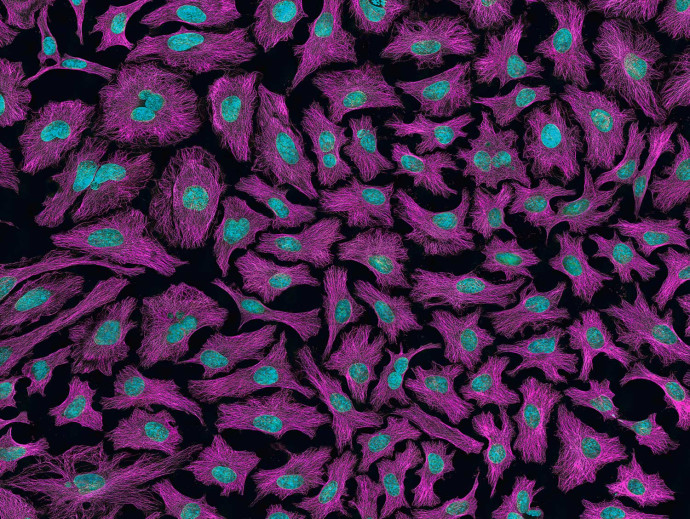Creativity, bioethics and environmental justice
The fourth day of the City and Science Biennial anticipates the weekend's activities with a wide variety of proposals. The afternoon begins with Assisted Reproduction: insights from ethics, science and demography, a debate to reflect on the limits of biology. The Institut d'Estudis Catalans will host biologist Anna Veiga Lluch, an expert in clinical embryology and reproductive genetics, as well as demography researcher Mariona Lozano and bioethics expert Begoña Román Maestre to focus on the impact of scientific and social development with regard to this type of gestational intervention. With an eye on the alarmingly low birth rate and the rampant ageing of society, the three scientists will assess the future that is coming.
Once the conversation is over, in the same space, there is the Barcelona premiere of The Green Divide - Stories of Activism and Environmental Justice. This is an interactive documentary about the results of redevelopment and greening plans in various neighbourhoods in six cities in Europe and North America. After the screening, filmmaker Alberto Bougleux will share a discussion with activists Vivian Satterfield, Dominic Moulden, Noemy Rodríguez and environmentalist Mariela Pica. The conversation will focus on how to use science and social science to further the struggle for environmental justice, based on their experiences.
Simultaneously, at La Capella, on the occasion of the permanent installation of Embolism 'por soleá', the artistic researcher Paula Bruna, the forest ecology researcher Jordi Martínez Vilalta and members of the Laboratorios de Investigación desde el Flamenco and Acciones Flamenco Empírico will talk about climate change in forests. From the study of the sounds associated with the embolisms of trees, recordings that are reminiscent of flamenco, it is possible to analyse how the climatic situation affects its life. Embolism 'por soleà' - Performative dialogue will be a perfect encounter to connect with nature and understand the environmental impact through art and science.
Another of the afternoon's highlights is Science and writing. Knowledge and literature have long gone hand in hand. If there was already a close relationship, with the increase in technology, interest has skyrocketed and gives free rein and verisimilitude to science fiction stories. To get to know the experience of people who have written novels or essays with a strong scientific component, the CCCB Teatre Building brings together Òscar Vilarroya, Cristina Xifra, Salvador Macip, Muntsa Mimó, Toni Pou and Martí Domínguez. A choral conversation to enjoy creativity and the worlds that science and scientific thought open up when it comes to writing.
The activities do not stop. There are still proposals to enjoy the Biennial and the Biennial. Check the programme and don't miss any of them.

